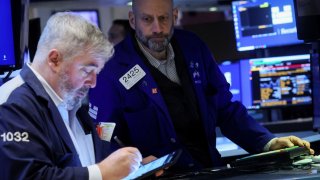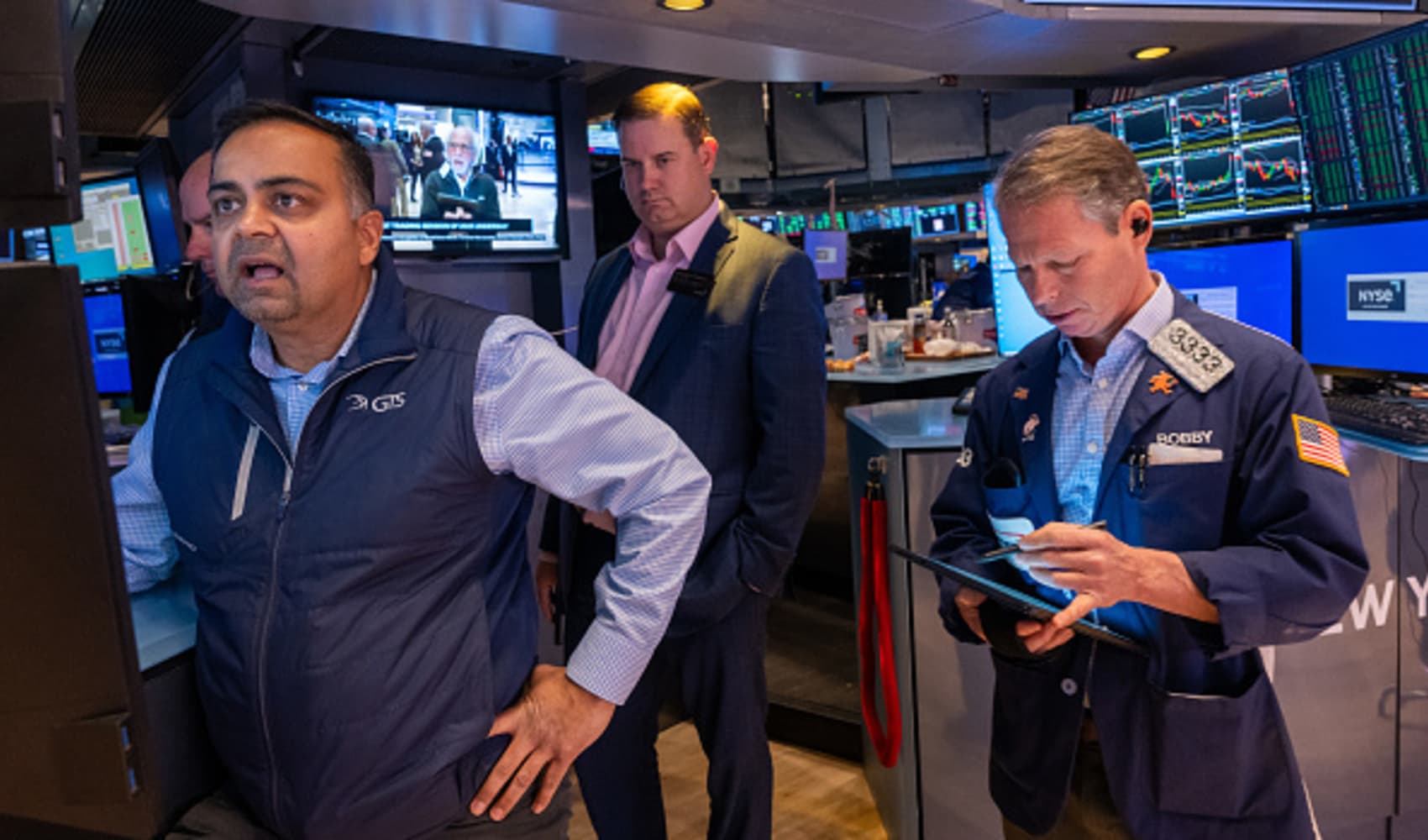
Since the end of World War II, the entire economic architecture of the planet has changed.
Watch NBC6 free wherever you are
>Whether it was the formation of the European Common Market, now the European Union, the collapse of the Soviet Union, China's rise as an economic superpower and the widening of the World Trade Organization, which today includes both Russia and China (and over 160 other member countries), the aim of the post-war world was to bind national economies together to reduce the chances of another world war.
Against that backdrop, globalization, which as former National Security Advisor, H.R. McMaster noted on CNBC last week, the world traded supply chain security for supply chain efficiency.
Get local news you need to know to start your day with NBC 6's News Headlines newsletter.
>The net effect of that trade was manifold. Costs came down for consumer goods as production shifted to low wage countries. Global poverty declined by record numbers as average wages rose in developing nations.
International trade, in both goods and services, exploded and for the better part of the last 30 years, relative peace and prosperity were the norm.
That transformed the world in ways that ultimately benefitted equity investors, as well. The interconnected global economy boosted stock markets around the world.
Money Report
True, there were several boom-and-bust cycles throughout this period but returns on financial assets were robust. Global growth, rapid technological advancement, disinflation were features, not bugs, of this New World Order.
"The Great Moderation" in the U.S. economy began when former Federal Reserve chairman, Paul Volcker, broke the back of inflation in the early 1980s, global economies became increasingly competitive then too, and pro-growth, free-market policies gave rise to further gains.
But in only two short weeks, new questions have arisen as to whether that model is now broken and we will have to rethink how the global economy works and how to invest as the pandemic, the war in Ukraine and an increasingly competitive and combative China alter our long-held beliefs about globalization, inflation and economic integration.
Economic nationalism on the rise
Deglobalization was already an issue in the years leading up to the pandemic as national interests began to rise above the collective good of the global economy.
Whether seen in the "MAGA" movement, or other populist movements in both developed and developing economies, "made at home" became the siren song of national leaders.
In a post-pandemic world, those movements may well gather steam, especially as renewed geo-political conflicts amid old adversaries are challenging global alliances while also strengthening regional compacts.
If the global economy splinters further and countries retreat, from a productive perspective, to a domestic or regional focus, the implications are quite large.
Prices for domestically made goods are generally higher that those that are produced abroad. That means a relative shift in inflationary pressures beyond the pandemic-induced price spikes we've already seen.
The U.S. and Europe, in addition to imposing crippling sanctions on Russia, are currently moving to revoke Russia's "most favored nation" status as a trading partner while Russia has threatened to nationalize the assets of Western countries doing business in the motherland.
This is early 21st century stuff which could lead to an irrevocable break between Russia now, and maybe China later, if it moves on Taiwan, and fracture the entire global economic infrastructure.
Investing challenges ahead
If these things come to pass, everything on which our investing assumptions have operated in our adult lifetimes will be called into question and force a massive restructuring of asset allocation choices.
I have no magic, nor model, portfolio that could be put to work in the event the arc of history bends toward chaos instead of progress. Investors will need to become increasingly discriminating in their choices, hedging more aggressively against structural changes in our economy and hedging against a more permanent than transitory rise in prices.
It also means a focus on domestically oriented entities, while shunning, or limiting, overseas investments, may become an investing imperative.
It's true that just months ago I believed that pandemic-induced inflation would pass as soon as global supply chains normalized.
Omicron extended that disruption while the war in Ukraine, and China's threats against Taiwan, may extend those pressures on a more permanent basis as countries and companies shift back to a focus on supply chain security instead of supply chain efficiency.
It's a back-to-the-future moment for the world, both in geopolitical and economic terms.
We can refocus our energy on renewing economic integration or dissolve back into hemispheric, regional and local trading blocs with potentially devastating consequences for both civil and economic society.
Again, investment choices will be vastly different if the latter becomes reality. And I'll attempt to lay out a blueprint on what to do if the past suddenly becomes the present in future commentaries.
For now, we can hope for a swift return to normal.
But history teaches us that periods of peace and prosperity can easily be set back by a few individuals with minds whose only focus is addressing old grievances rather than embracing a future that benefits all rather than just a simple-minded few.






